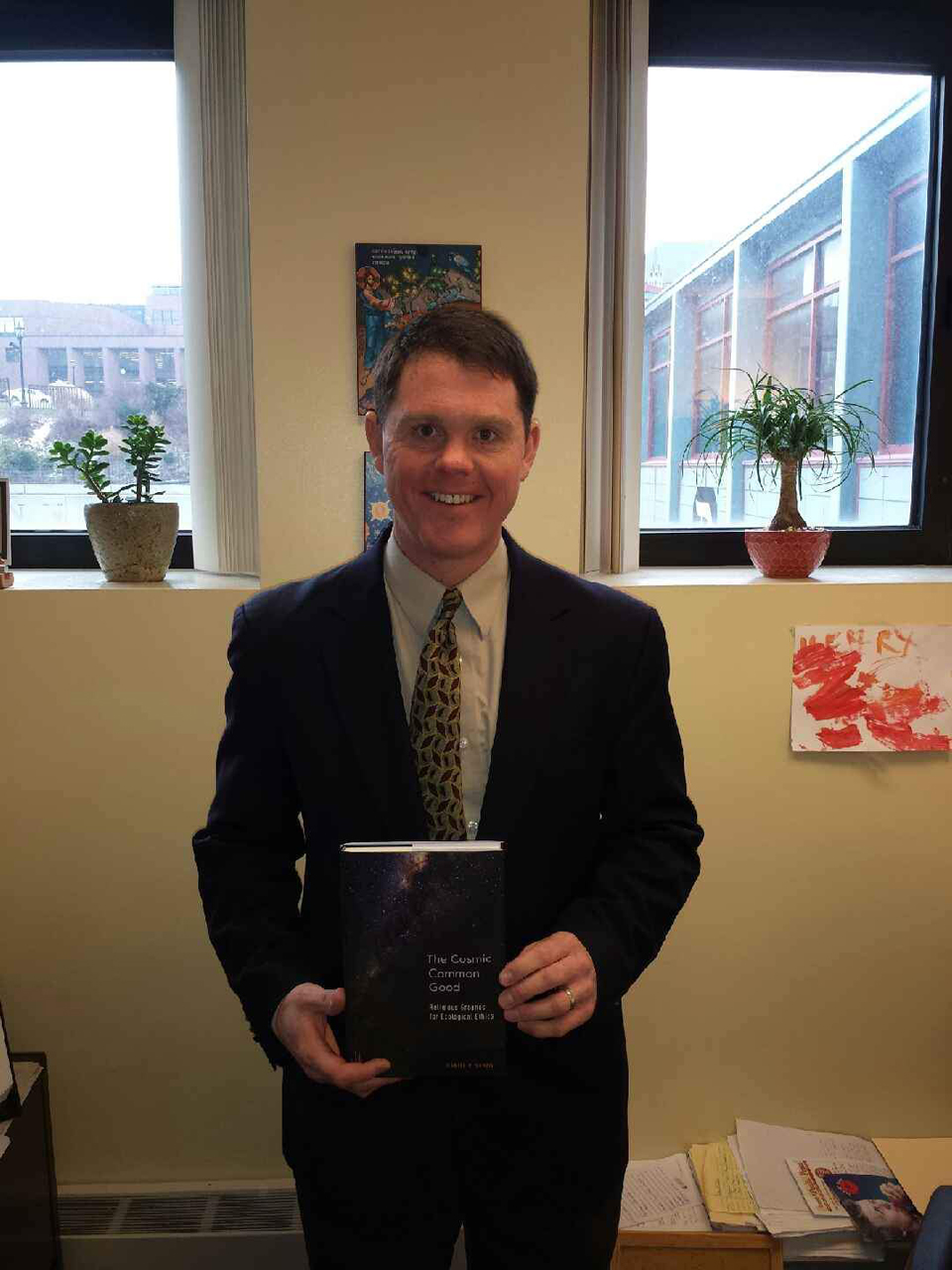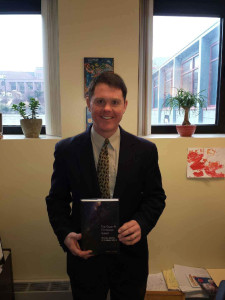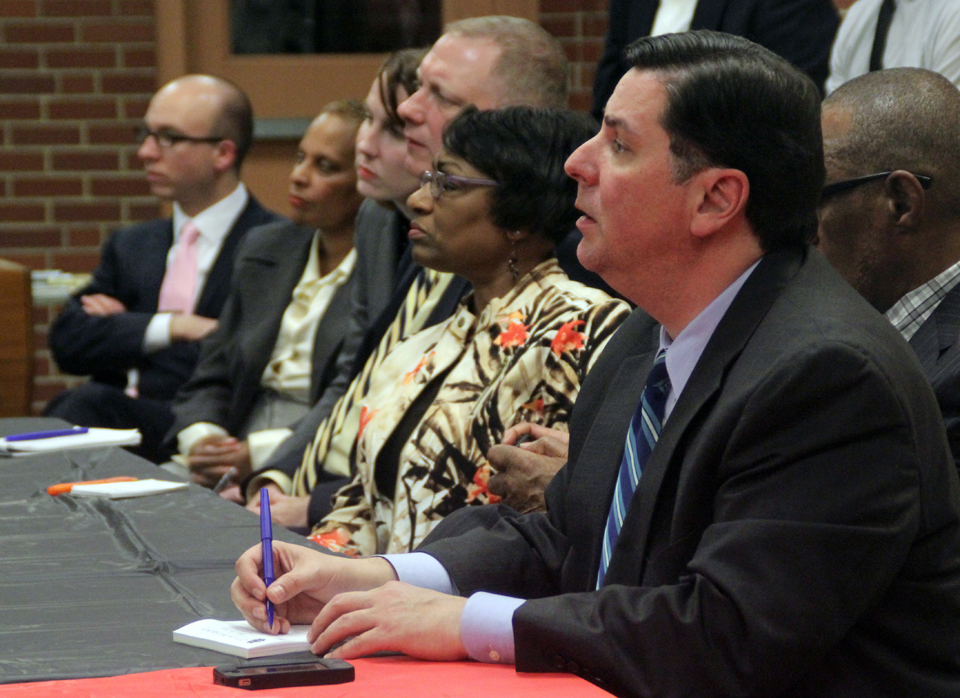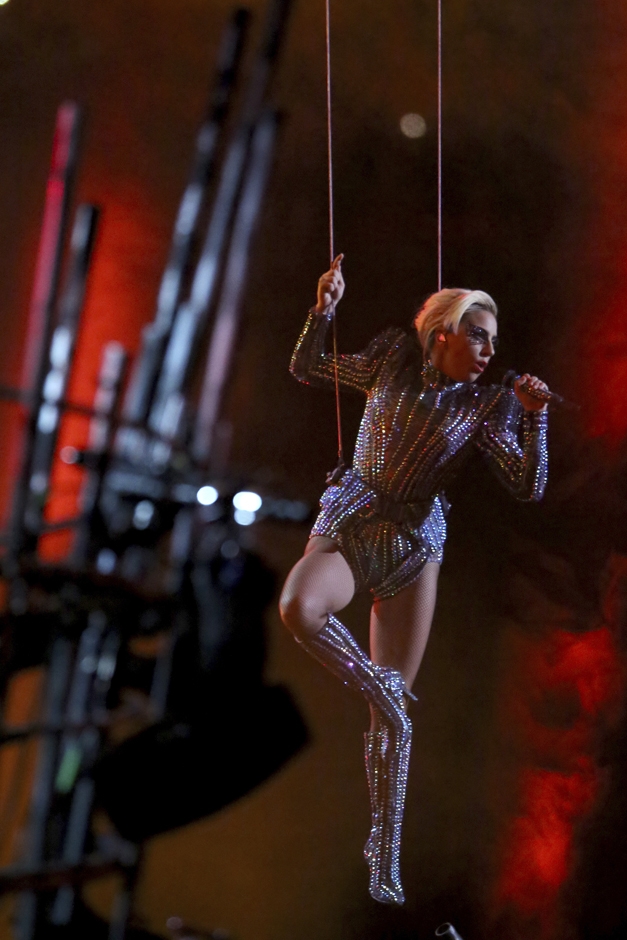

Theology professor Daniel Scheid poses with a copy of his new book, which explores links between major religions and caring for the environment.
By Raymond Arke | The Duquesne Duke
The National Oceanic and Atmospheric Administration, along with NASA, announced Wednesday that 2015 was the hottest year in recorded history, breaking the previous record set in 2014. With climate change becoming an increasingly urgent topic in national conversation, a Duquesne theology professor has offered a religious perspective on why humanity needs to limit climate change.
Professor Daniel Scheid’s new book, “The Cosmic Common Good: Religious Grounds for Ecological Ethics,” explores how various religions share a common goal in protecting the Earth.
“My primary academic interest was discovering what in the Catholic tradition would enable human beings to live in a more mutually beneficial relationship with the Earth,” Scheid said.
Scheid said he hopes to give Catholics, along with members of other religions, ideas about how to reconcile popular thought on environmental issues with their beliefs.
“I wanted to offer my perspective on what I see as an emerging consensus on the goodness of creation and humanity’s role in furthering that goodness, not just among Catholic theologians but across multiple traditions,” he said.
He describes the common good as “when every member of society flourishes as they contribute to the well-being of the entire community.” This suggests that all creatures have value, which is an idea found in not just Catholicism, but also Hinduism and Buddhism — links Scheid makes in his book.
Scheid studied history at Princeton University, volunteered with the Catholic Franciscan order of priests, then earned a Master’s degree in Theology from the Catholic Theological Union in Chicago and a Ph.D at Boston College. His Ph.D work was a precursor to what “The Cosmic Common Good” would detail.
He also points to his time with the Franciscans as having an impact on his way of thinking.
“Through them I discovered not only the importance of justice for the poor and of advocating for peace in the world, but also caring for the integrity of creation,” Scheid said.
The book makes connections to “Laudato Si,” Pope Francis’ encyclical on the environment.
“I think in many ways I was trying to point towards the kinds of themes and ideas that Pope Francis expresses,” Scheid said. “Pope Francis also encourages dialogue among religions and really all people on Earth, so I feel greatly inspired by him to continue along the trajectories I begin in this book.”
He added that he believes in the possibility of all religions coming together to combat future global issues.
“The great similarity among traditions suggests a major impetus for interreligious cooperation on issues like climate change,” Scheid said.




